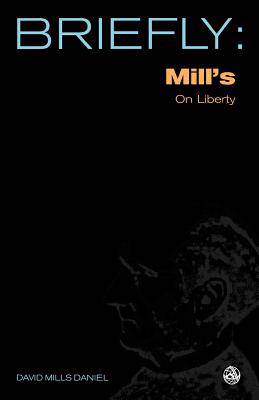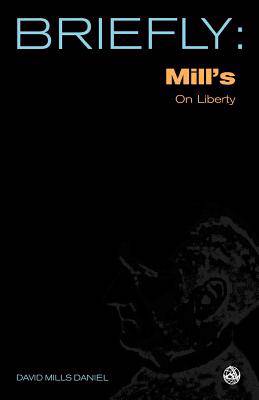
- Afhalen na 1 uur in een winkel met voorraad
- Gratis thuislevering in België vanaf € 30
- Ruim aanbod met 7 miljoen producten
- Afhalen na 1 uur in een winkel met voorraad
- Gratis thuislevering in België vanaf € 30
- Ruim aanbod met 7 miljoen producten
Zoeken
Omschrijving
John Stuart Mill (1806-1873) wrote his most controversial work, "On Liberty" in 1859, the year in which Charles Darwin's "On the Origin of Species" was also published. "On Liberty" contains a rational justification of the freedom of the individual in opposition to the claims of the state to impose unlimited control, and has become a classic of libertarian philosophy. Warning against the tyranny of the majority, this treatise argues that in the past the danger had been that monarchs held power at the expense of the common people and the struggle was one of gaining liberty by limiting such governmental power. But now that power has largely passed into the hands of the people at large through democratic forms of government, the danger is that the majority denies liberty to individuals, whether explicitly through laws...or more subtly through morals and public opinion.
Specificaties
Betrokkenen
- Auteur(s):
- Uitgeverij:
Inhoud
- Aantal bladzijden:
- 92
- Taal:
- Engels
- Reeks:
Eigenschappen
- Productcode (EAN):
- 9780334040361
- Verschijningsdatum:
- 26/05/2006
- Uitvoering:
- Paperback
- Formaat:
- Trade paperback (VS)
- Afmetingen:
- 141 mm x 198 mm
- Gewicht:
- 81 g

Alleen bij Standaard Boekhandel
+ 41 punten op je klantenkaart van Standaard Boekhandel
Beoordelingen
We publiceren alleen reviews die voldoen aan de voorwaarden voor reviews. Bekijk onze voorwaarden voor reviews.











